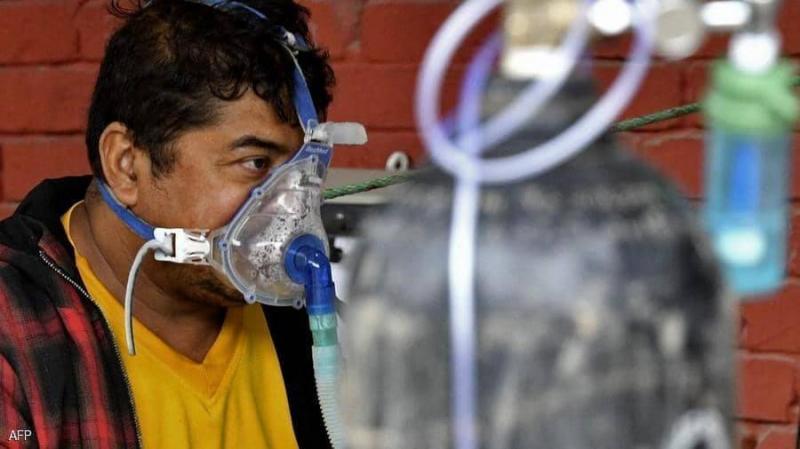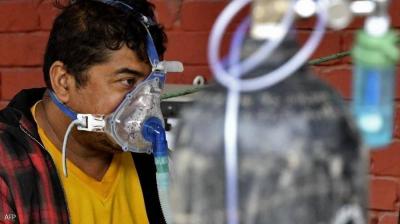The World Health Organization (WHO) stated in a tweet on its official account that it is "not aware" of any new type of COVID-19 virus discovered in Nepal. This announcement followed a report by the British newspaper "Daily Mail," which indicated that foreign holidays might be threatened this summer due to the government's concerns over the emergence of a new variant of coronavirus in Nepal. British immunologist Professor John Bell warned against overreacting to any new variant of the virus, pointing out that the emergence of new strains is natural. He added that "protection against future variants of the virus is not guaranteed forever, although vaccines are currently effective against the variant that emerged in India."
Bell explained that "hastiness in confronting any new variant and exaggerating discussions about it would distance us from the original pandemic we are fighting against. We need to maintain objectivity in the discussion and keep our eyes open to the original virus," as cited by the British newspaper "Independent."
New data revealed the impact on countries neighboring India due to the pandemic crisis the country has been experiencing recently, raising concerns about a repeat of similar scenarios in multiple locations. An analysis conducted by the British network "Sky News" found that COVID-19 infections are rising in countries neighboring India, such as Pakistan, Nepal, and Sri Lanka, while infections in Bangladesh are decreasing.
Weekly infections in Nepal have surged nearly 14 times compared to early April, while cases in Sri Lanka and Pakistan have increased, though not at the same level. The rise in Nepal, home to 29 million people, is the highest among India's neighbors but is still less than half the increase in India, according to the new data. The number of people dying from COVID-19 is increasing in Pakistan, Nepal, Bangladesh, and Sri Lanka; nevertheless, weekly deaths remain among the lowest in the world.
Fewer than 5 deaths have been recorded per million COVID-19 cases in the four countries; however, due to limited testing capacity, the actual number of disease-related deaths is likely much higher. As for the number of vaccine doses administered in these countries, it is low compared to wealthier nations that are progressing in their vaccination programs, noting that Nepal has received more doses than Pakistan, Bangladesh, and Sri Lanka. The four countries are part of the "COVAX" initiative aimed at providing vaccines to 92 of the world's poorest nations.




